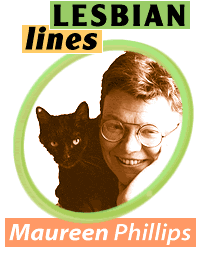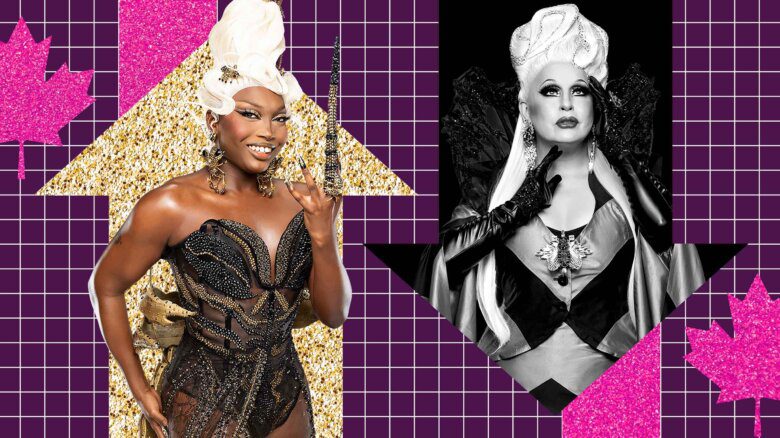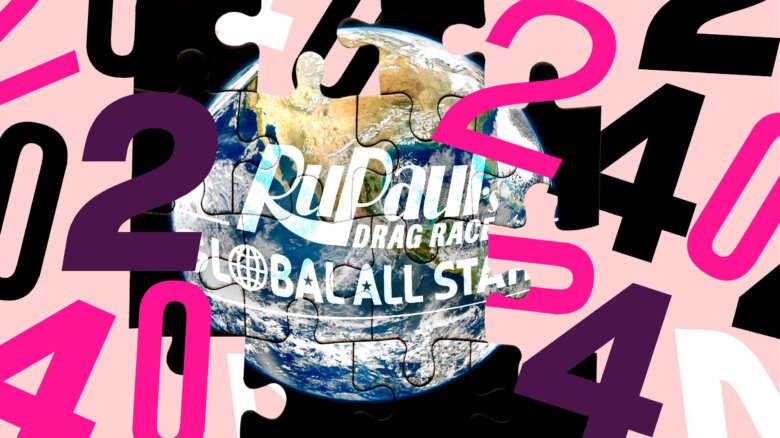Writers used to turn the stuff of their lives into fiction, but it is now customary for them to skip the apparent gloss and head straight to memoir.
Rebecca Walker, writer, activist and the daughter of Alice Walker, has produced Black, White And Jewish: Autobiography Of A Shifting Self in precisely this mode. She has written it fully aware of the slippery nature of memory in general and hers in particular, opening with the frank admission, “I don’t remember things. Like the names of streets and avenues I have driven down a hundred times, like the stories behind the Jewish holidays I have celebrated since I was 11, like the date of my father’s birthday.” This opening is not so much a declaration of unreliability as it is the revelation of Walker’s primary strategy for coping with the fractured nature of her identity.
Rebecca Walker was born in 1969 in Jackson, Mississippi to Alice Walker and Mel Leventhal, a white, Jewish, civil rights lawyer. The interracial marriage was provocative for both their families, particularly within the social context of the South at the time. Walker’s presentation of her early life is simply told yet full of details, right down to the clothes she was wearing on a particular day or a description of her jungle sheets.
Her parents move to Brooklyn when she’s around five and split up by the time she’s seven. Her father re-marries shortly after and moves to Washington, DC, and her mother moves to California. Walker begins the cross-country shuttling that marks her growing up.
In many ways the details of her young life are like those of a lot kids whose parents divorce, and, in her case, choose a custody arrangement that involves spending two years with one parent and uprooting herself from that life and starting up in new place by spending the next two years with the other.
Walker’s sense of dislocation is enormous and is compounded by the fact that she’s biracial. She never feels black enough in the black community and yet she’s always aware of her blackness in the white world.
Walker uses the book to examine her particular experience of biracial identity, and she vividly conveys the ways in which that experience has marked her psychologically and politically. She describes in detail her turbulent adolescence, which involved a lot of drugs, drinking, sex and shoplifting – all before age 15.
There is a remarkable lack of bitterness expressed towards her parents, in part because she’s trying towork through it, but mostly because she knows that she’s shut down that part of herself.
This book is not about making judgments about the quality of parenting she experienced (although it’s hard not reach one’s own conclusions on that topic), it’s more about solving the riddle of identity. As she puts it, “It is jarring to think that most of my life I have been defined by others, primarily reactive, going along with the prevailing view. It makes me feel younger now, new and slightly terrified. Having to remember my own life means that I have to feel it, too. I have to pay attention to the thoughts that float uninvited, to mind. Remembering my own life means knowing that everything can look one way from the outside, but there is always another story to be told.”
One part of the story is not told, and it’s hard to know what to make of the omission. Walker alludes to the fact that she co-parents a child with her female partner and yet there is no explanation of how the heterosexually active adolescent has reached that particular place.
Sexual fluidity doesn’t automatically require explanation, but in a book that is so profoundly about the integration of all the strands of one’s identity, the lack of discussion is puzzling. Perhaps that’s another story.
Her mother’s most recent book, The Way Forward Is With A Broken Heart, is worth mentioning here because it tells another version. Walker the mother presents her story of the marriage and tries to understand what happened.
The book is a fascinating exercise in writing because she tells the tale not from different points of view, but in different forms. There are a couple of stories that fictionalize the scenario, and also a couple of sections that are straight memoir. She describes the sadness and sense of loss associated with the end her relationship to Rebecca’s father without sentimentalizing that ending.
The book is a showcase for Walker’s gifts as writer of any type of prose.
BLACK, WHITE & JEWISH:
AUTOBIOGRAPHY OF A SHIFTING SELF.
By Rebecca Walker.
Riverhead Books.
326 pages. $33.99.
THE WAY FORWARD IS WITH A BROKEN HEART.
By Alice Walker.
Random House.
200 pages. $35.95.

 Why you can trust Xtra
Why you can trust Xtra


